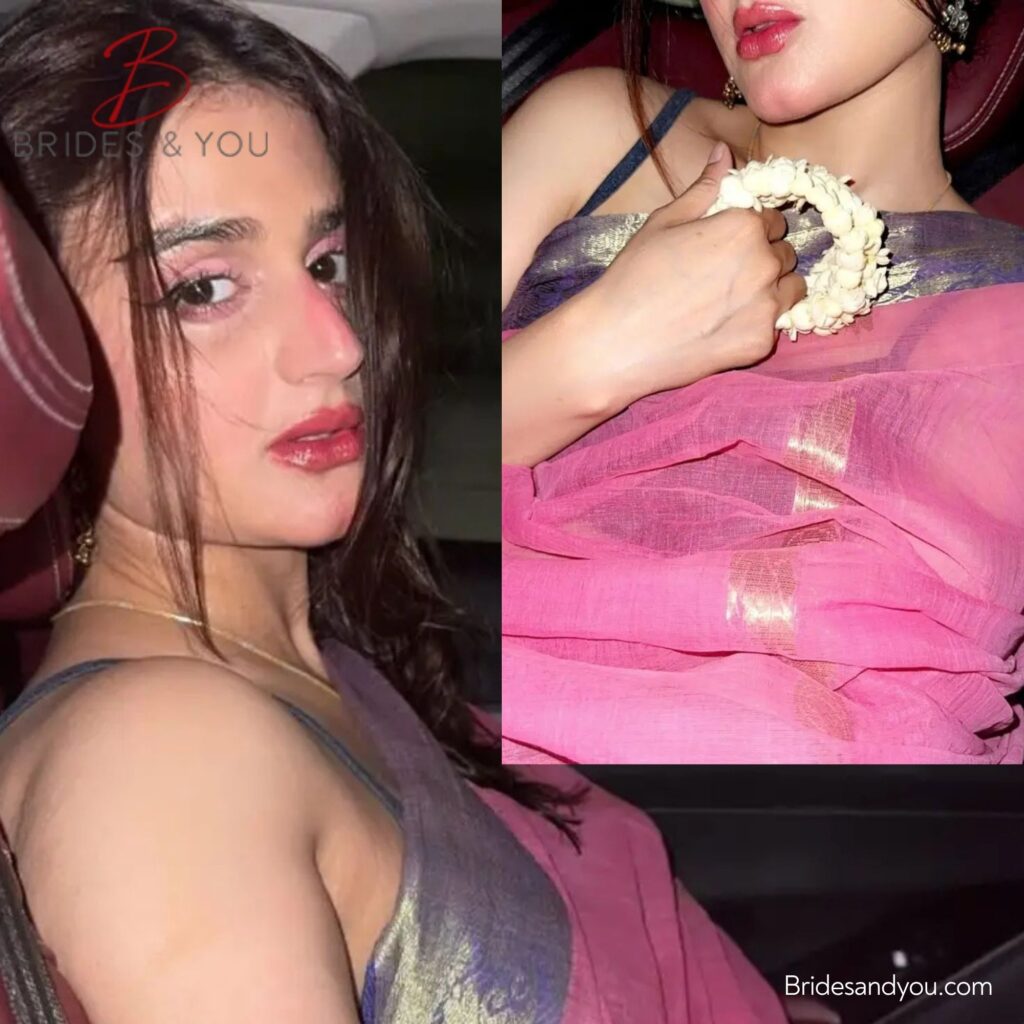Now Reading: Fiza Ali Faces Backlash for Bold Look After Ramzan Transmission – A Social Media Storm
-
01
Fiza Ali Faces Backlash for Bold Look After Ramzan Transmission – A Social Media Storm
Fiza Ali Faces Backlash for Bold Look After Ramzan Transmission – A Social Media Storm

Fiza Ali, a prominent name in the Pakistani entertainment industry, is once again at the center of public attention—but this time, not for her acting or hosting skills. Known for her roles in popular dramas like Mehndi, Love Life Aur Lahore, Saat Nibhana Hai, and Saat Sur Rishton Ke, Fiza has long maintained a presence in television and on social media. However, her recent actions have sparked a heated debate across platforms.
After gaining admiration during Ramzan for hosting religious programs centered on spirituality, Islamic teachings, and moral values, Fiza shocked many fans by posting a bold dance video shortly after Eid. This abrupt shift in image has left many confused, angry, and disappointed.

Ramzan Transmission Praised by Fans
During the holy month of Ramzan, Fiza Ali took on the role of a host for a special Ramzan transmission. The program featured discussions on Islamic values, spirituality, and good moral conduct. Audiences applauded her emotional tone, heartfelt tears, and her passionate take on leading a morally upright life.
Her connection with the viewers during this period seemed genuine to many. The show gained popularity, not just for its format, but also for Fiza’s heartfelt approach. She often got emotional while discussing moral dilemmas, preached patience, kindness, and openly criticized those who deviated from Islamic teachings.

Post-Ramzan Controversy – A Bold Look Goes Viral
Just days after Eid, Fiza posted a glamorous dance video on her social media. In the video, she’s seen wearing a sheer rose gold and grey net saree, styled with long hair extensions and bold makeup. She performed confidently to Sunidhi Chauhan’s hit song “Aankh Marey.”
While many appreciated her beauty and grace, others couldn’t reconcile this bold performance with the spiritual persona she presented during Ramzan. This contrast has become the focal point of intense public criticism.

Social Media Backlash: Public Outcry and Harsh Reactions
The video did not sit well with many of her followers. Several took to the comment section to express their outrage. Critics questioned her sincerity during Ramzan, accusing her of using religion as a temporary performance for ratings and viewership.
One commenter wrote, “So this is her real, horrible face.” Another added, “She was preaching Islam and crying on TV a few days ago—now she’s dancing in a revealing outfit. What a shame.”
Others called her “dramatic,” accusing her of faking emotions during religious shows only to switch back to bold appearances for clout. Some went as far as to demand that celebrities like her should not be allowed to host Ramzan transmissions if they don’t represent Islamic values all year round.
Her emotional moment with Tulsi on one of the episodes also came under fire, with people calling it “a publicity stunt for TRPs.”
The Bigger Debate – Public Image vs. Private Life
This controversy opens a broader conversation about the expectations we place on public figures, especially during religious occasions. Is it fair to expect celebrities to stay consistent with a specific image all year round? Or should we acknowledge that people can be multifaceted, capable of both spiritual reflection and personal expression?
In Fiza’s case, the backlash suggests a large segment of the public believes that when a celebrity uses religion to influence others, they are held to a higher moral standard even after the religious period ends. The abrupt shift in tone and image made many followers feel betrayed, resulting in the severe backlash.
Fiza Ali’s Silence – No Official Response Yet
As of now, Fiza Ali has not issued any official statement regarding the backlash. Her social media remains active, and she continues to post new content, but the bold video remains a topic of debate across digital platforms. Whether she will respond to the criticism or remain silent is yet to be seen.
Conclusion: A Lesson in Public Responsibility
The controversy surrounding Fiza Ali serves as a reminder of the power and responsibility that come with being in the public eye. Whether you’re a celebrity, influencer, or television host, the image you project—especially when tied to religion—can shape public perception in lasting ways.
While Fiza Ali’s bold appearance may be her personal choice, its timing, coming just after a religiously themed Ramzan transmission, has undoubtedly raised eyebrows. The real issue here isn’t just the outfit or the dance—it’s the perceived disconnect between what she preached and what she portrayed.











